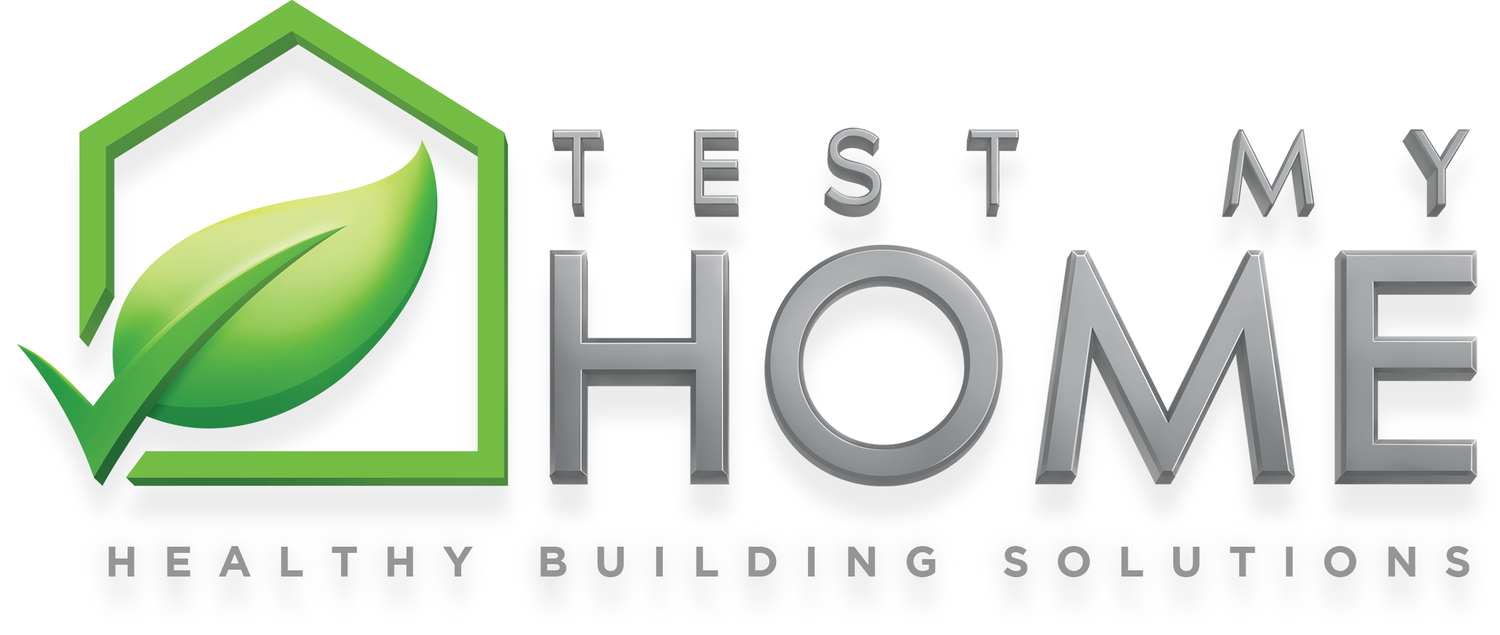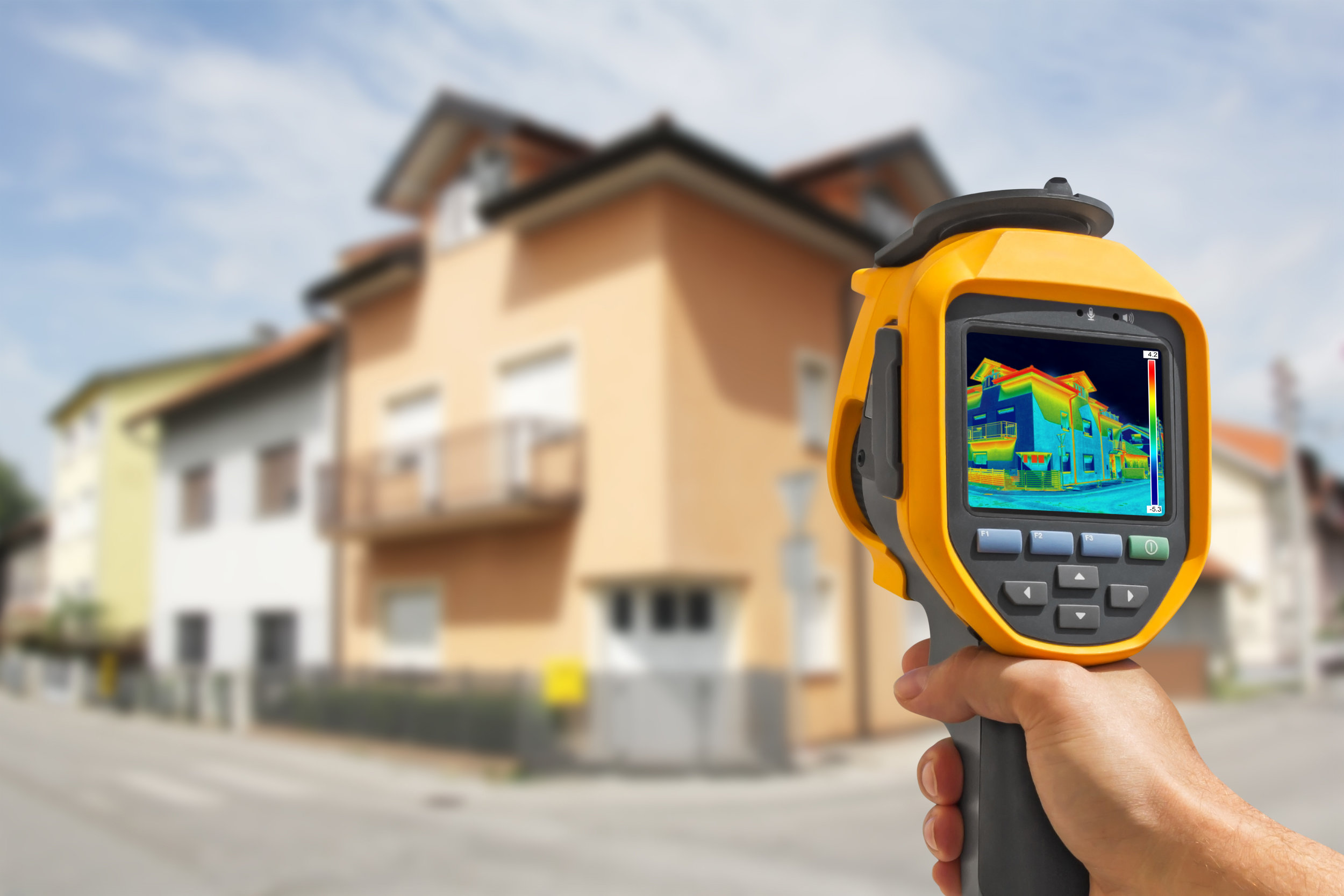A radon inspection is a test that measures the level of radioactive gas in your home. It's usually done when you sell or buy property, but it might be required for any real estate transaction, depending on where you live.
A radon inspection checks if there is an unsafe amount of radiation present at your residence due to trapped gases from the ground underneath us seeping into our homes through tiny cracks and holes around doors, windowsills, etc... This can happen even without significant construction work like digging up foundations. These gaps form naturally over time as water penetrates porous material such as concrete, allowing soil particles to enter inside.
Radon is a naturally occurring radioactive gas present in the earth's crust. Some homes have high levels of radon, which can be dangerous for residents exposed to it regularly over time. Radon inspection helps determine whether or not your home has an issue with this potentially harmful toxin and how bad it might be if you live within one that contains such a toxic concentration of the gas.
Radon exists naturally as part of nature, but some houses may hold more than usual due to location, construction style, etc., leading people living there at risk; radiation poisoning via inhalation happens slowly enough. Most don't notice immediate effect; people should contact professionals like plumbers/contracts.
Why is Radon Inspection important?
Some homes have had too much exposure to radon gas. This is a colorless, odorless chemical that can only be detected through testing by the EPA or state agencies. The more dangerous effects of this are lung cancer and congenital disabilities in newborns if exposed for an extended period.
There are many reasons why Radon Inspection is important. One reason being that it could be putting your family's health at risk if the levels in a home or building aren't correct. In addition, cancer can occur when radon enters the body. Still, other breathing issues such as shortness of breath and coughing may also develop from exposure to high concentrations of radon gas, which you wouldn't know without testing for it first.
Radon is a silent but deadly killer. Radon gas has been linked to lung cancer, killing more people each year than breast and prostate cancers combined. Because radon accumulates over time in the lungs from breathing it into your body every day, you're at risk if exposed for too long without protection or testing. Indoor air quality ranks as one of the top 5 environmental risks Americans face – may be even higher since we spend most of our lives indoors!
Why Schedule Radon Testing?
Schedule radon testing for your home to check the levels of this harmful gas in your living space. Radon is an odorless, colorless chemical that you can't see or smell, and it's also radioactive so breathing high concentrations over a long period increases the risk for lung cancer even more than smoking does.
Check if there are high radiation levels in our living spaces with some help from local professionals who will test their air quality at little cost to us! One study found that people exposed to higher-than-average amounts had roughly twice the risk compared to those exposed intermittently.
Radon is an odorless, tasteless gas that can be found in places like houses and schools. It's considered to be the second leading cause of lung cancer after smoking. Radon testing should happen every few years, so you know how much radon exists in your environment where you spend most of your time at home or work for optimal health benefits if it needs mitigation by getting rid of the source (i.e., soil).
If not tested regularly, then there could potentially be high levels that are lethal to humans over long periods during exposure, causing severe damage such as breathing issues, including coughing fits and blood clots, especially among smokers since their lungs aren't able to handle more than one problem at once. Contact us now.





